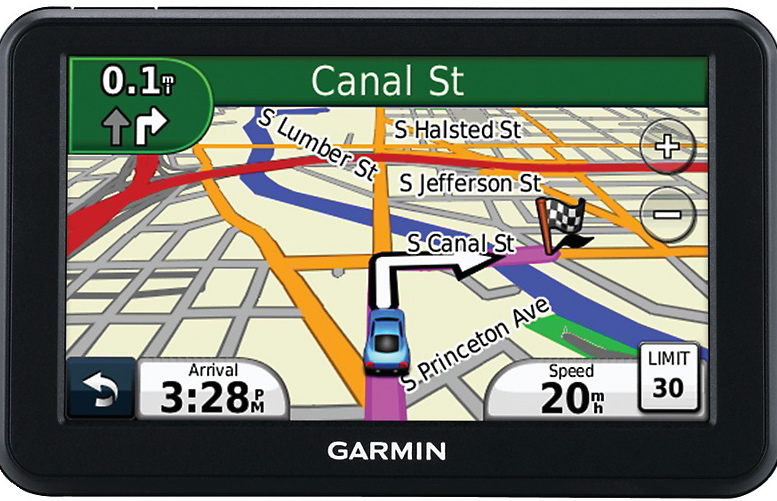 Some folks want directions when they go someplace new. Others want a map.
Some folks want directions when they go someplace new. Others want a map.
The directions tell you lefts and rights. The map tells you where you came from and where you need to go.
Many GPS devices simply tell you to make those rights and lefts. They don’t tell you where you are. And thus we become unthinking followers.
GPS devices were wrong at least twice on last week’s family vacation in Maine, once while I followed a family member and a second time while sitting shotgun. The GPS said to go one way and my brain said to go the other. The only reason I overruled the GPS directives was because I’d looked at a map before leaving.
So how is this related to law? All too often I see it at depositions, where the other lawyer comes prepared with page after page of questions to ask — the same questions at every deposition.
The lawyer follows the directions given, dutifully jotting down the responses.
The highly detailed outline is like the GPS. It tells you which questions to ask, but doesn’t give you a road map of where you actually need to go.
But the road map exists. It’s in the instructions that the judge will give to the jury at the end of the case. This is the map of what you need to prove, and thus needs to be the focus of the questions. It isn’t just that you need those instructions before the deposition, but that you need them before you file suit (or when retained to defend).
This requires thinking, not following. The lawyer that thinks, instead of follows, will do a deposition that is half as long and twice as useful.
It’s OK to have a general outline, of course, as you wouldn’t want to miss out on an important topic. But becoming a slave to the outline is the danger. Topics are good, specific questions from stock outlines, not so much.
My advice: Leave the directions, take the map.